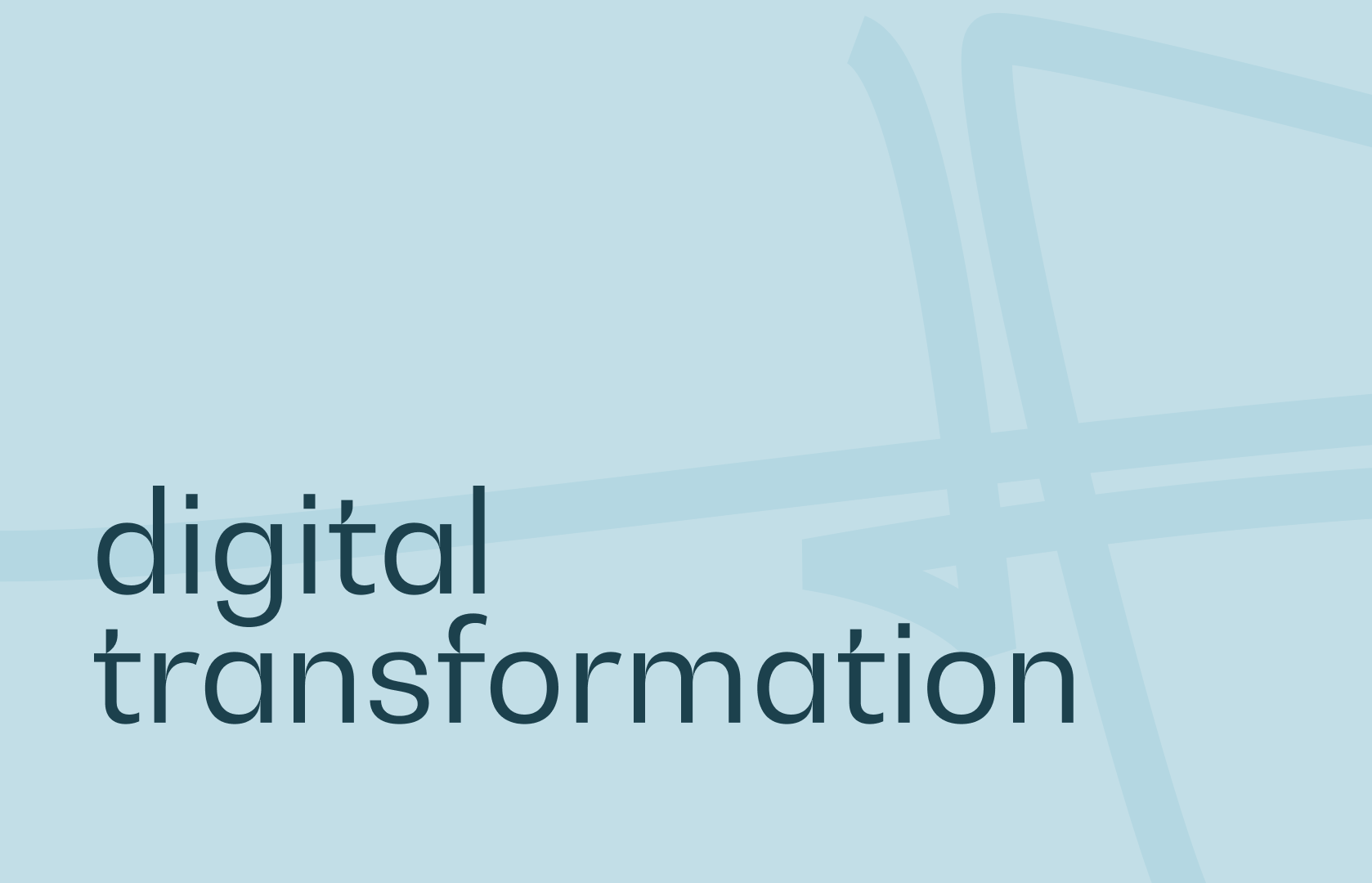The world we live in is constantly evolving, thanks to digitalization. It’s almost everywhere, bringing great transformation and development to human society. It’s a cradle of global evolution, powerful because of its close relationship with humanity.
What is digital?
The word “DIGITAL” has several meanings:
- It’s a kind of imprint that’s unique to each individual. It is left and marked on objects by the touch of the hands, more precisely by the fingertips. This imprint, also known as a “fingerprint“, is an identification unique to each individual;
- It comes from the English word “DIGIT”, meaning “digital” or “cipher”, data processing and information;
- It also comes from the Latin word DIGITALIS, meaning “fingertip”;
- It is a way of passing on a flow of information in record time;
- It’s a process adopted to inform a subject in a short space of time.
The means of digitalization :
- Website navigation
- Software used in companies
- e-mails, which can be considered as virtual communication
- Use of cell phones, tablets….
- Use of social networks such as Facebook, Skype, WhatsApp, videoconferencing,
The transformations brought about by digitalization :
Digital transformations are bringing about a radical change in everyday life, lifestyles, ways of living and the very intellectual capacity of each individual. Digitization plays an important role in both professional and personal life. It facilitates better communication with those around us, promotes economic development and provides good, reliable information on a given subject.
The benefits of digitalization
Digitization offers a number of advantages, especially in the business sector:
- makes communication with others effective, simple and fast;
- makes it easy to detect anomalies and errors in data processing;
- offers positive results and promotes better production within a company’s timeframe;
- facilitates Internet consultation of information on a variety of facts and subjects;
- promotes the development of personal knowledge;
- makes it possible to quickly obtain various types of information or intelligence on a given subject, regardless of time or place;
- makes certain complex tasks automatic and certain work tools easy to handle;
- enhances the value of products sold or services rendered by the company itself.
- makes it easy to use software within a company;
- improves the efficiency and effectiveness of every task;
- contributes to the development of each company, and therefore to the growth of its sales;
- enables every company to have its own website;
- enables every company to make its products and services visible;
- makes it easy to keep these products and services constantly up to date;
- helps maintain better customer relations: customers can obtain information anytime, anywhere,
- facilitates communication within the company and enables customer data to be analyzed and improved;
- makes it easy to close sales and ensure customer satisfaction;
- facilitates remote sales and saves time for both company and customer;
- enables remote working;
- increases individual income by working online;
- reduces the use of huge quantities of paper;
- helps protect the environment by reducing CO2 emissions;
- facilitates online backup of voluminous data,
- reduces office supply budgets (fewer purchases of computer consumables and paper, etc.);
- optimizes advertising, customer loyalty and business development…
The disadvantages of digitization
- Customers can be lost if digitization is not used;
- The application of digitization can be very time–consuming;
- You need to be patient in order to achieve better production;
- Financially, adopting digitization is not easy, as the cost can be high;
- Smaller companies may not be able to afford it;
- To keep pace with any technological evolution, every company needs to invest, both in responsible personnel and in software tools;
- Digitalization increases conflicts of interest between companies;
- Websites are becoming a kind of competition ground between companies;
- Digitization makes individuals rather passive in the face of automation, which is gaining too much value in society;
- Digitalization reduces family exchanges, as time is wasted in front of smartphones and PCs;
- Online work is time–consuming and doesn’t allow for proper rest;
- Next come the various ailments associated with excessive screen use: headaches and eye strain;
- A company that does not have a website risks not being known by potential customers;
- Without a virtual storefront, the company will never become known in the target market;
- It will also not be found by its customers, as it is difficult for them to locate it;
- They may then turn to competing companies;
- Without digitalization, it will also be difficult for companies to securely store their sensitive data;
- This data can easily disappear or be stolen;
- Digital transformation is associated with a renewal of all materials used in society; otherwise, it does not progress and is not compatible with new technologies;
- Leisure activities take up more time than time spent working;
- Total dependence on daily life due to constant connectivity;
- The digitalization results in a negative aspect, less human contact, akin to a robot facing automation.
History of the economic revolution in the face of digitalization
The economic and industrial revolution is presented as follows:
- At first, the most common means combined the use of paper and pencil, ink pens and steam engines.
- Then came the use of electricity and petroleum.
- Then came computerization, which took off in a big way.
- Nowadays, digitization is very much in tune with everyday life; it’s a new technology that simplifies communications and information sharing, a new connected world.
The Internet, or to be more precise, the Web, has changed society’s way of life, from the everyday life of each individual to the professional world.
- On the business side: digitalization is changing the future of business. The company’s development depends on this phenomenon, and it fosters fortification in all areas of every business: commercial, technical, financial, social, etc. In more exact terms, it promotes a company’s better production. To put it more accurately, it enhances a company’s production. To be more competitive, companies should opt for digitalization.
- It’s the same in everyday life: digitization influences the evolution of the lifestyle of every individual in society. It brings a new kind of benevolence and ease to tomorrow’s world, as if everything were within easy reach of each other via the tools of digitalization (mobile applications, for example).
Here are a few examples:
- On the banking side, the various processes are easier to handle and directly accessible to the customer: checking balances, withdrawals and money transfers…..
- In everyday life: communication is better, faster and more efficient thanks to the use of social networks, videoconferences, forums, etc.
- Automated hotel reservations, air travel, medical consultations…
- More convenient online purchases and payments.
- Digitization of surgical operations.
- Online courses, exams…
- Adapting company stock management
Digital technology for the development of society in general
Digitization is an unavoidable phenomenon in the social and professional development of society. The adoption of digital technology is necessary for long-term modernization. It’s here now, and it’s here to stay, and it’s playing an increasingly important role in the everyday life of society. Digital communication in all its forms helps businesses to flourish. Digital technology is everywhere, and blends seamlessly with the practical life of every individual. In the future, analog will have no place in the face of this evolution.




